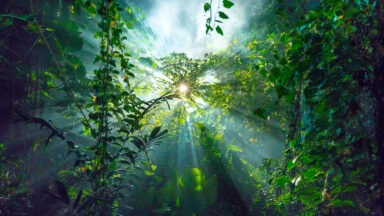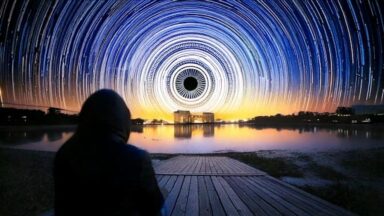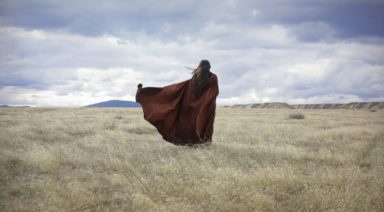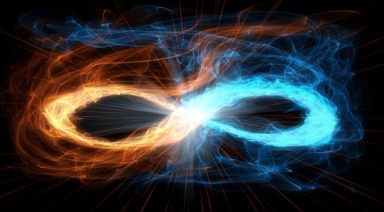Robert Moss Describes Parallel Realities He’s Accessed in Dreams

There is far more to existence than we realize. We spend our day-to-day lives focused on the most immediate concerns of family, work, chores, and entertainment. However, for those adventurous enough to consider other realities, the potential for experiencing parallel realities is fascinating and rewarding.
In a recent interview with Regina Meredith and bestselling author Robert Moss, gives an eye-opening description of life beyond the five senses that turns conventional thought about the boundaries of existence upside-down.
“I’ve long been fascinated by dream experiences of parallel lives,” Robert Moss wrote. “These can take many forms. We find ourselves in the situation of a person living in a different time. We seem to be enjoying — or not enjoying — a continuous life in another reality. We slip into the perspective and apparently the bodies of other people (including even members of other species) who may be living in our present world, but are not ourselves.”
In speaking of his book Mysterious Realities, Robert Moss noted that his personal experiences give evidence for multiple dimensions, not only of time and space but also of the self. In other words, it may very well be that we exist not only here in this world in which we read these very words, but also in dimensions beyond our conscious awareness. Moss characterizes experiences of other dimensions as fun, entertaining, and illuminating.
Dreaming is one way to explore, firsthand, one of the many possible alternate worlds, says Moss. If you monitor your dreams and write them down, he says, over time you will remember instances of when you’re not in your present life. Sometimes we understand there are parallel gifts of creativity, for example, or that we have a chance to change our plans or decisions to make things come out differently.
The imaginal realm implies reams of reality created by imagination over the millennia that we may all share in our travels. Everything that exists does so due to human imagination, including environments that rise up when we die.
Robert Moss writes that in his dreams he has quite frequently found himself living in a city or a country where he used to live, doing the things he may have been doing if he had remained in a former line of work and a certain life situation.
“In these dreams,” he suggests, “I am my current age, but my life has followed a different track from the one I have taken in my waking reality. Sometimes it seems I have joined a parallel self who has been following a path I abandoned – through my life choices.
A fascinating figure, Robert Moss has a way of challenging our sense of existence and the idea of a simple or linear lifetime. His interview with Gaia’s Regina Meredith is both fun and intriguing for anyone who has, at least, had inklings of familiarity with worlds or situations suggesting alternative life choices and memories.
The more we focus on symbols, experiences, and dreamscapes, the more in tune we may become with other “selves” beyond this fairly restrictive life situation that too many believe is the end-all of existence. Moss writes, “When we contemplate what we remember from dreams, we often think about how the dream relates to “real life,” a misnomer for ordinary reality. It is refreshing to reverse the process and ask how ordinary life relates to the real lives we are leading in dreams.”
As you fall asleep at night, you can choose to remain aware of your surroundings and who you are in your dreams. By staying alert you can take advantage of realms involving a sort-of collective unconscious of shared imaginings. Robert Moss is a guide to the inner planes, and his interview with Regina Meredith is one for the adventurer in all of us.
Scientists Propose Idea of Planetary Intelligence
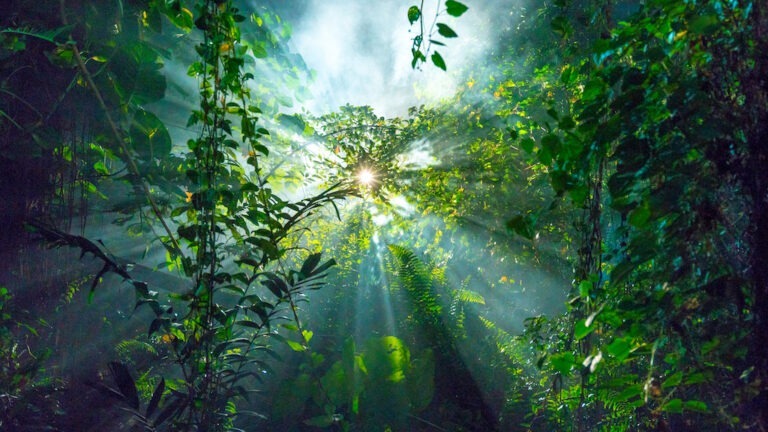
Can planets possess their own intelligence? That’s what University of Rochester astrophysicist Adam Frank and his colleagues, have proposed in a paper published in the International Journal of Astrobiology.
They pulled ideas from the Gaia Hypothesis — that all living organisms on Earth interact with inorganic organisms to regulate the conditions necessary for life, making the planet a self-regulating organism.
They looked at how, “[T]he appearance of technological intelligence may represent a kind of planetary-scale transition, and thus might be seen not as something which happens on a planet but to a planet”
They argue that to understand the evolution of life, we must study the planet as a whole instead of individual species. Their definition of planetary intelligence is “the acquisition and application of collective knowledge, operating at a planetary scale, which is integrated into the function of coupled planetary systems.”
Consider photosynthesis: for the first two billion years, Earth’s atmosphere was mainly molecular nitrogen, carbon dioxide, and some oxygen. The evolution of photosynthesis by bacteria lead to the “great oxygenation event” about two and a half billion years ago.


